Indian Americans moved and stirred by ‘The Bengal Files’ premiere in Washington, D.C.
A Vivek Agnihotri film, The Bengal Files is set to release on September 5, 2025
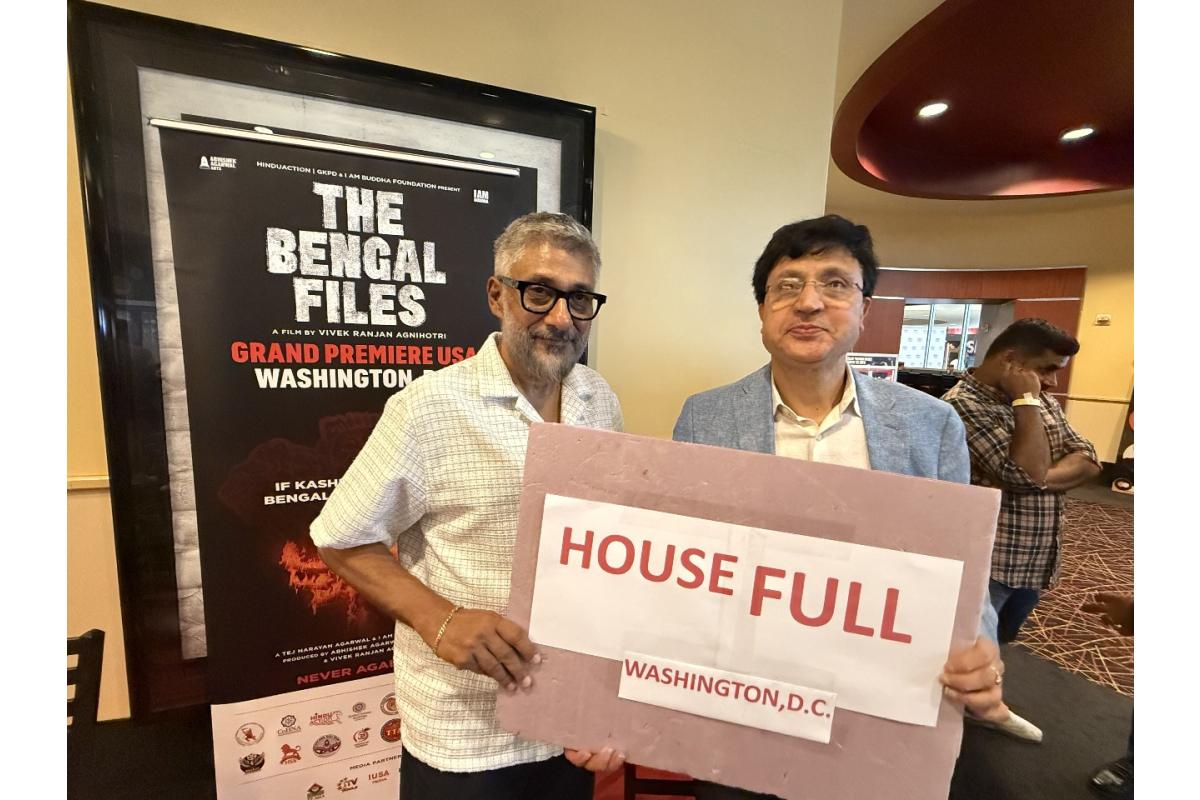 The USA premier of the movie acted as a gateway to untold stories for many / Lalit K Jha
The USA premier of the movie acted as a gateway to untold stories for many / Lalit K Jha
In an emotionally charged atmosphere at AMC Tyson's Corner, a packed theatre of Indian Americans watched the much-anticipated U.S. premiere of The Bengal Files. Directed by Vivek Agnihotri and featuring a powerhouse performance by Pallavi Joshi, the film sparked deep reflection, raw emotion, and powerful conversations among the diaspora in the nation’s capital.
The premiere drew a wide cross-section of the Indian American community — from seasoned community leaders and professionals to students and young activists. What united them all was the sobering impact of the film, which weaves a chilling narrative inspired by historical events surrounding violence, political betrayal, and the suppression of truths in Bengal.
“This is a very mind-blowing story — things we had no idea India had gone through,” said Madhu Govil, president of the Northern Virginia chapter of the American Hindu Political Action Committee. “Even after 80 years, the system still hasn’t changed. This film is a wake-up call.”
For many, The Bengal Files resonated not just as a film but as a mirror to the untold stories of India’s past and the lingering wounds of communal violence. Dr. Ramesh Japra, founder of Americans for Hindus, emphasized the theme of strength through unity. “This movie shows why we need protection as Hindus. Peace can only be achieved through strength. If we do not become strong, we will be eliminated — history has taught us that,” he said.
ALSO READ: Vivek Agnihotri calls The Bengal Files his final “truth cinema” chapter
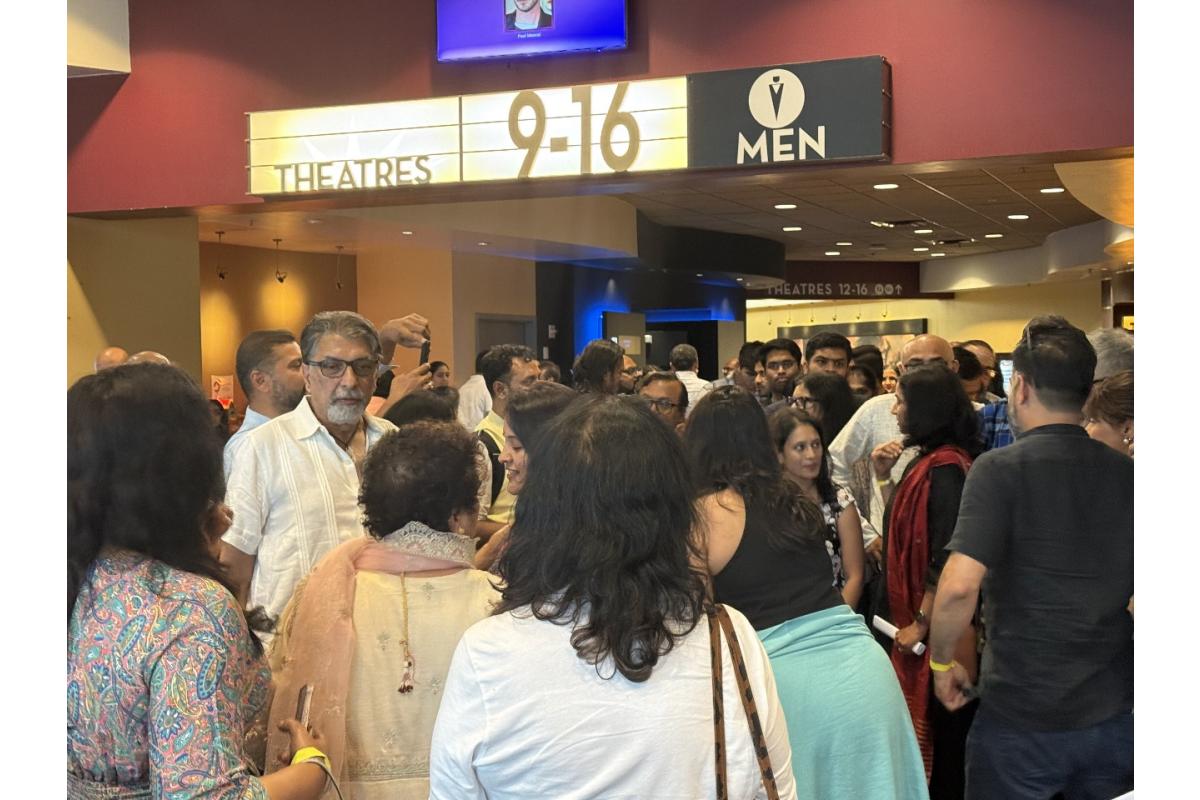 The audience accepted the film with a lot of love / Lalit K Jha
The audience accepted the film with a lot of love / Lalit K JhaCommunity leaders weren’t the only ones struck by the film’s intensity. Young Praharsha Jani, a Maryland resident, found herself grappling with its emotional depth. “It’s hard to say I ‘enjoyed’ it — it’s such a difficult film to watch. But every moment felt intentional. It sheds light on misunderstood and misrepresented parts of our history and culture,” she said.
Kavya Virmani, one of the youngest voices in the audience, walked away with a powerful personal lesson. “As a girl, I was frustrated when the protagonist didn’t act. But it reminded me not to let society dictate what’s right and wrong. We must trust our conscience,” she said.
Alok Shrivastava, president of the United Hindu Temple Association, appreciated the film’s historical insights. “It revealed things I had only heard in fragments. It may be too intense for some, but it’s a necessary narrative that uncovers the other side of the story — the one rarely told.”
Manjula, another attendee, found herself emotionally overwhelmed. “It was very well taken, very intense. So many details I didn’t know. I’m still trying to digest it,” she said with teary eyes.
For community leader Vidya Mishra, the film’s most powerful message was its portrayal of institutional failure. “We thought it was about Bangladesh, but it’s about West Bengal — and how the system failed. The blend of two different eras was masterfully done.”
The film also rekindled activism and advocacy among several attendees. Dr. Raman Sood, Chief Advisor for Americans for Hindus, said, “The message is clear: without strength, there is no peace. This film reinforces our mission — to mobilize, unify, and strengthen the Hindu community.”
Navneet Sharma echoed that sentiment: “It’s a reminder of why we must stay vigilant and informed. Films like these are tools for awakening.”
Perhaps the most succinct summary came from Sandeep Jaiswal, a local leader: “This film is not just a movie; it’s a movement.”
As the lights came up and the audience filed out in silence, many still wiping away tears or deep in conversation, it became clear that The Bengal Files had succeeded in its mission — not just to tell a story, but to stir a community into thought, action, and remembrance
ADVERTISEMENT
ADVERTISEMENT
E Paper
Video




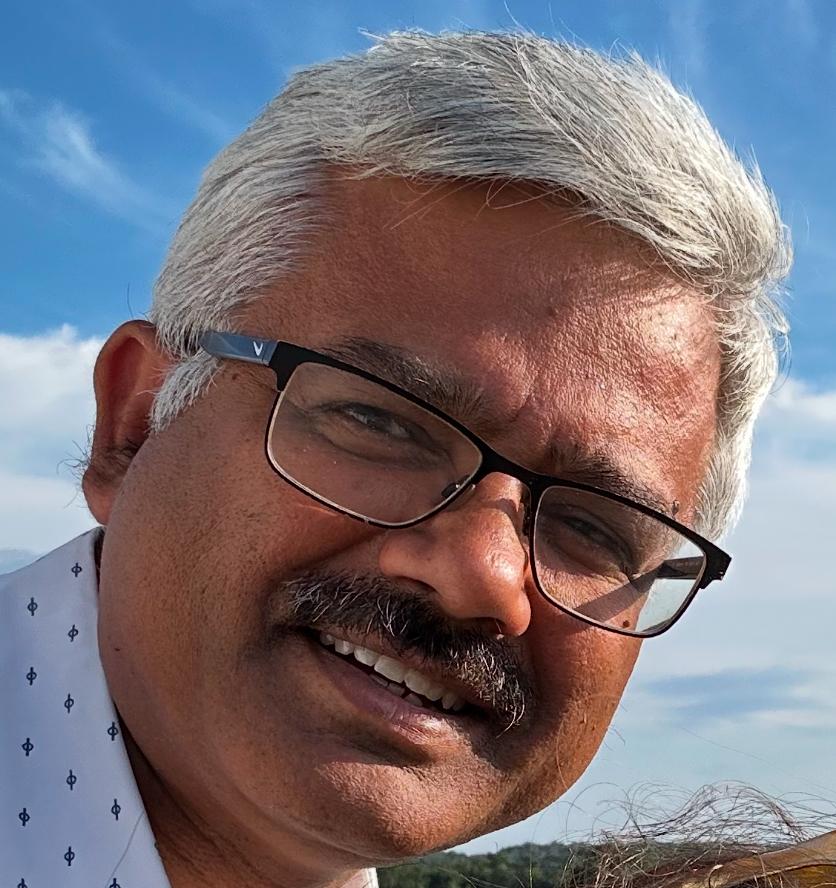 Lalit K Jha (IANS)
Lalit K Jha (IANS)
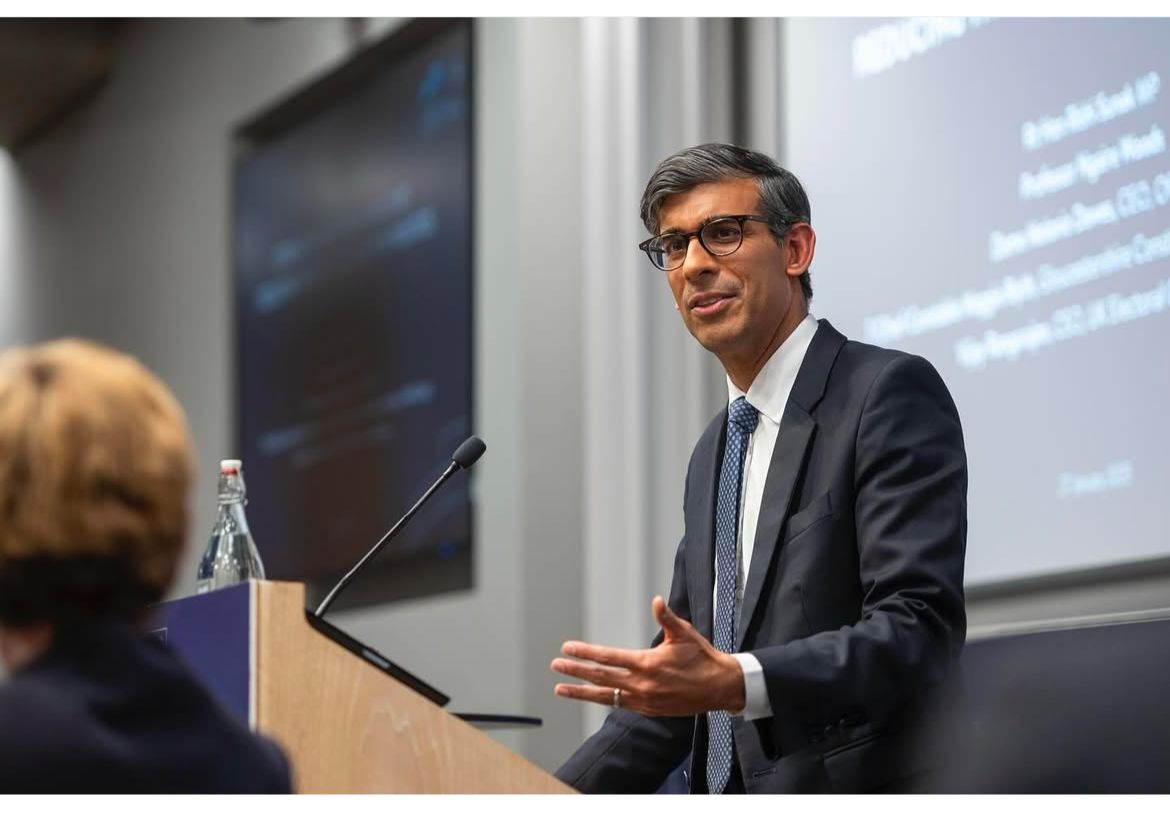

.jpg)
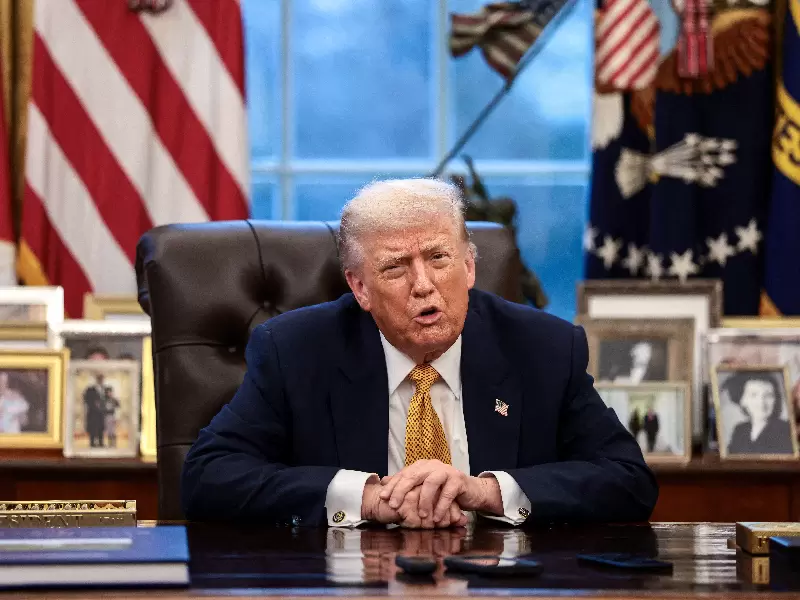

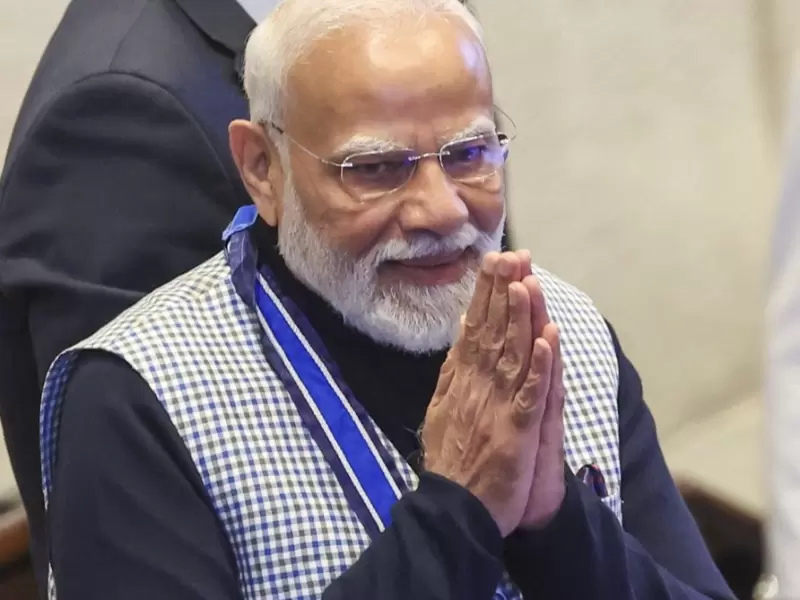

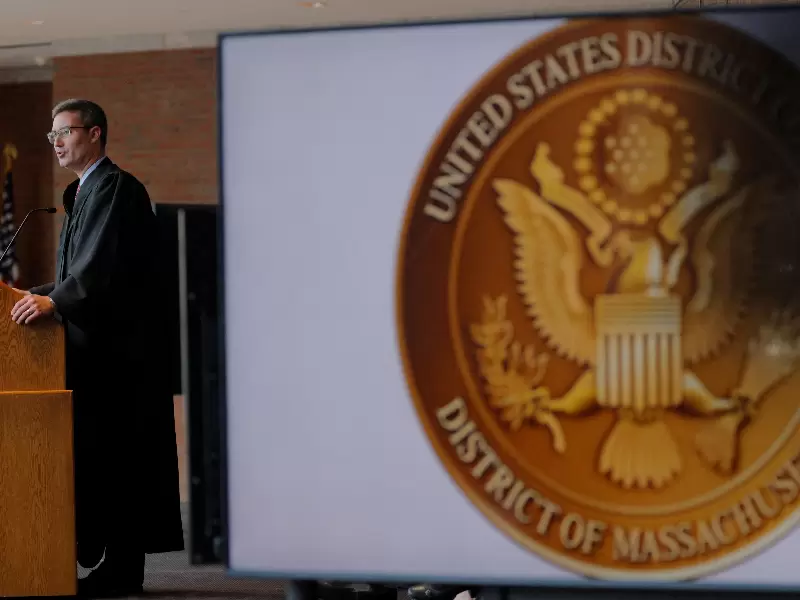
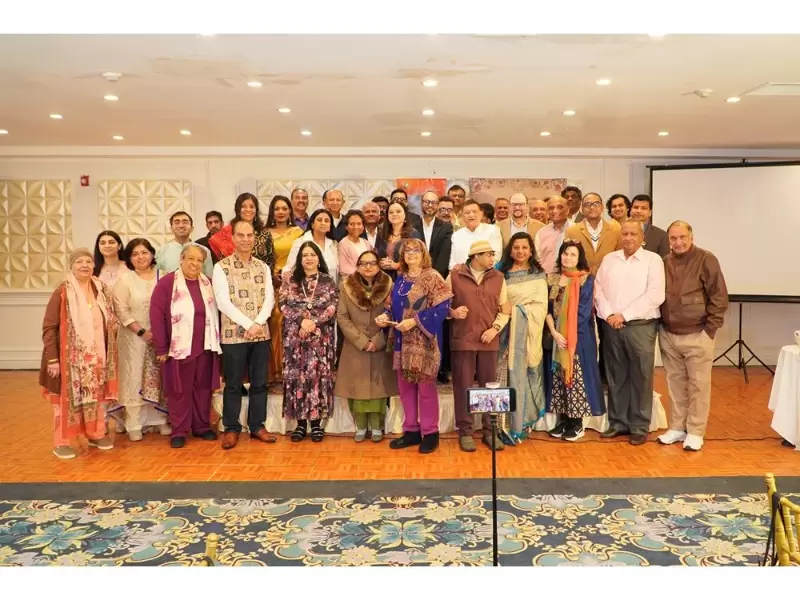
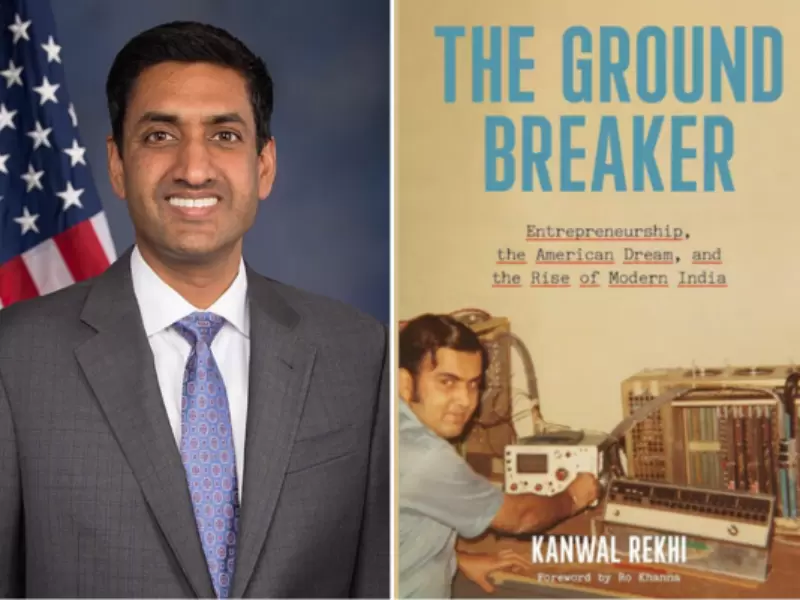
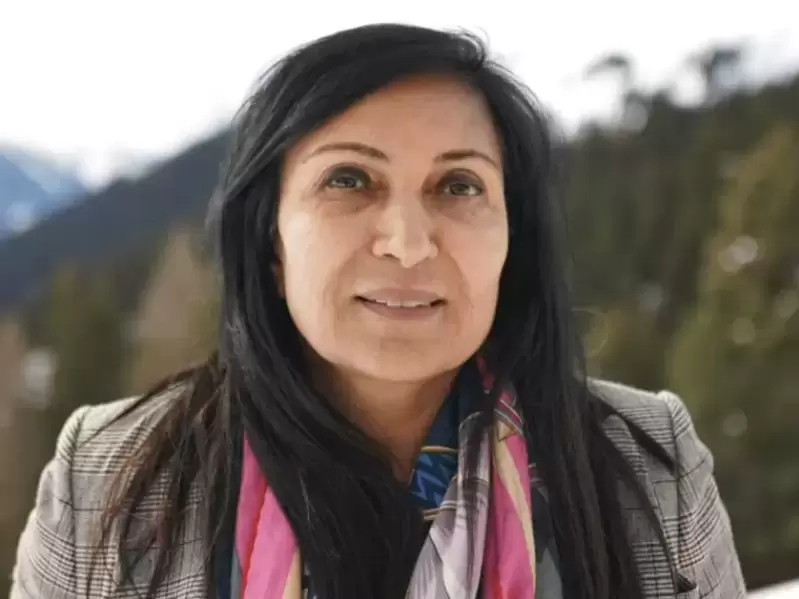


Comments
Start the conversation
Become a member of New India Abroad to start commenting.
Sign Up Now
Already have an account? Login